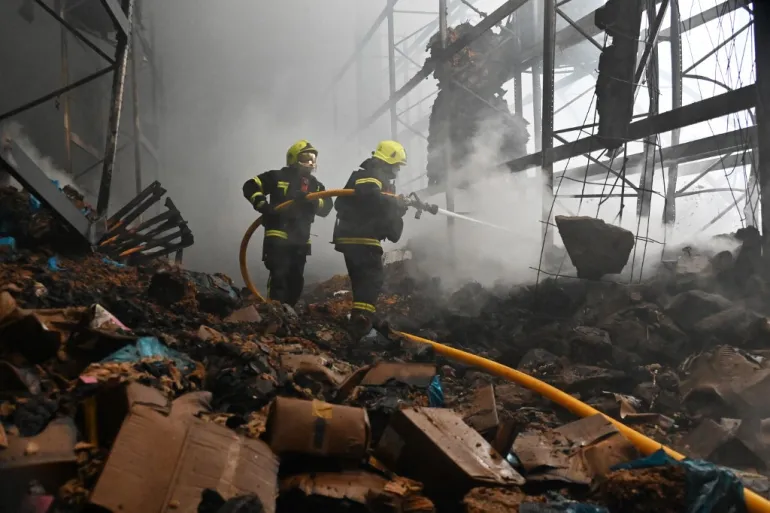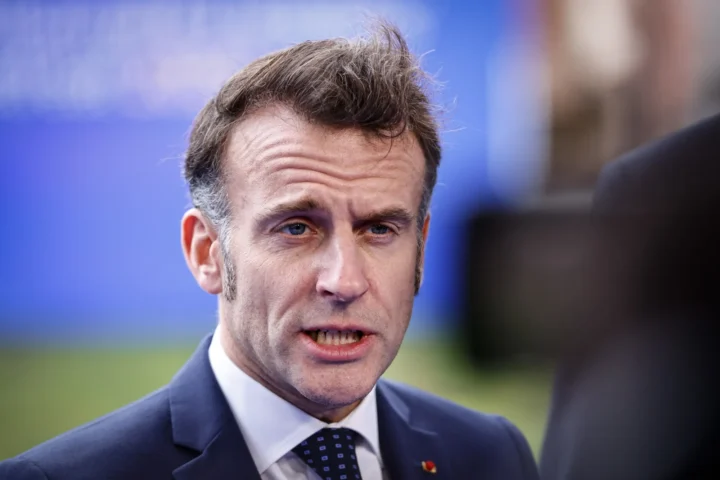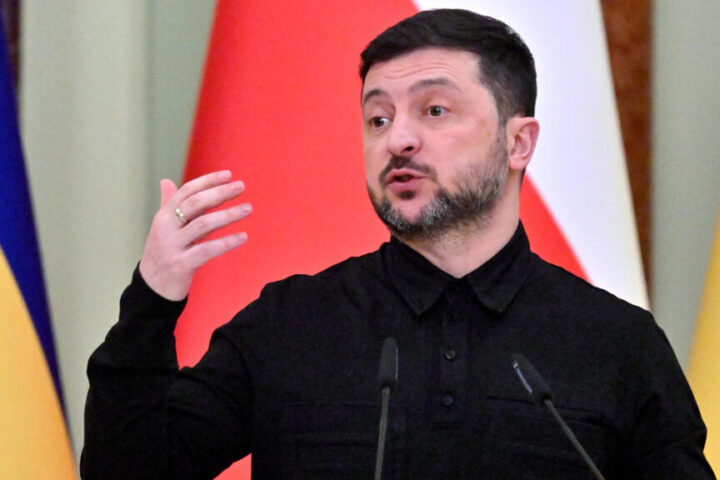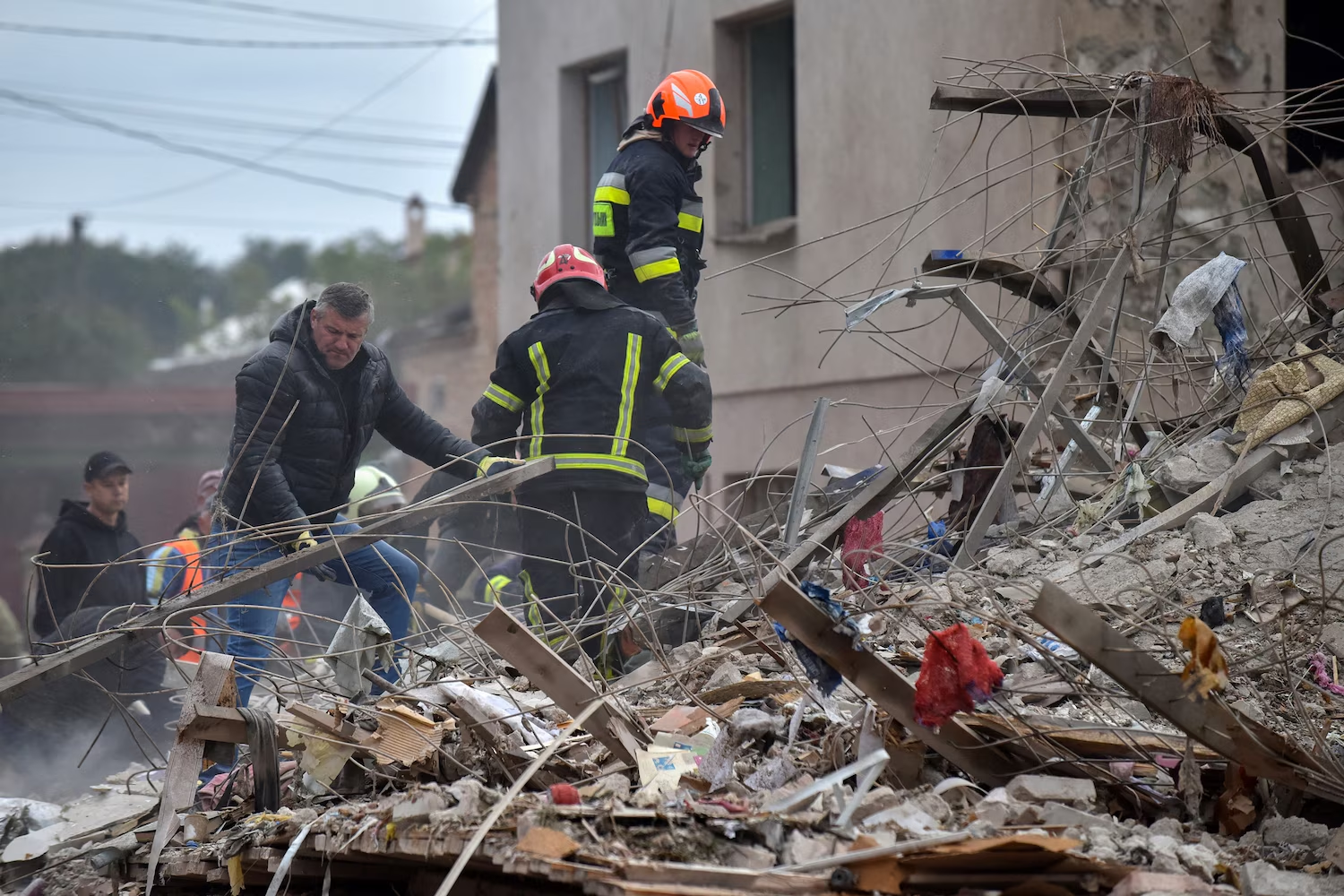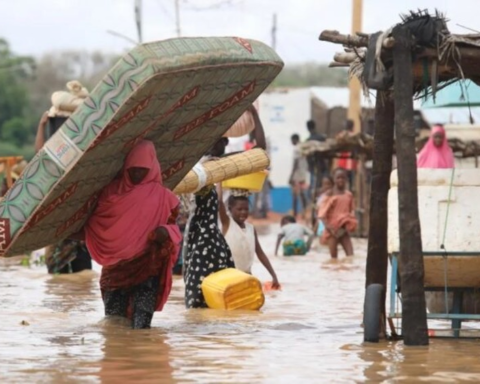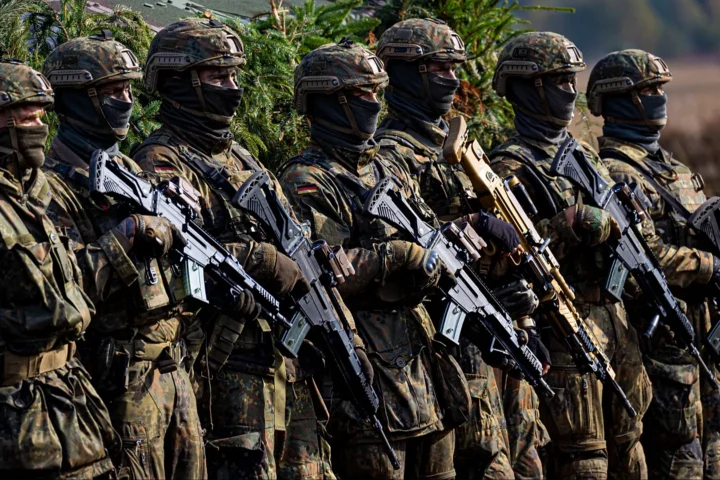A Russian overnight assault on Ukraine’s northeastern Sumy region has left at least 14 people injured, Ukrainian officials confirmed on Tuesday. The attack, carried out with drones and artillery fire, is part of a continuing escalation of strikes along Ukraine’s northern border, underscoring the vulnerability of regions far from the heavily contested eastern front.
Details of the Attack
Local authorities reported that the assault began late at night and continued into the early hours of the morning. Explosions rocked residential neighborhoods and damaged critical civilian infrastructure. Emergency services rushed to the scene, where several homes, administrative buildings, and power facilities sustained significant destruction.
Of the 14 injured, at least three were said to be in serious condition. Hospitals across the region have mobilized to handle the influx of patients, and rescue operations remain ongoing as authorities assess the full scale of the damage.
Why Sumy Remains a Target
The Sumy region, which borders Russia, has been a frequent target of cross-border shelling and drone strikes since the invasion began in February 2022. While major Russian offensives have concentrated on eastern and southern Ukraine, border areas like Sumy, Chernihiv, and Kharkiv continue to suffer from near-daily bombardments.
- Strategic Location: Sumy’s proximity to Russia makes it a vulnerable entry point for incursions and artillery fire.
- Psychological Pressure: Analysts say repeated strikes in border areas are designed to stretch Ukrainian defenses and instill fear among civilians.
- Energy Infrastructure: Russia has consistently targeted energy facilities to cripple Ukraine’s grid and weaken civilian morale, particularly ahead of the winter months.
Civilian Impact
Beyond the physical injuries, the overnight assault has compounded the hardships of residents already enduring months of insecurity. Families were forced to shelter in basements and makeshift bunkers throughout the night, with power outages reported in multiple districts.
Local officials have appealed for international support in strengthening air defense systems in northern regions, noting that civilian populations remain highly exposed to drone and missile attacks. “These strikes are not about military objectives,” one regional administrator said. “They are about terrorizing our people and breaking our resilience.”
Broader Military Context
The attack on Sumy comes amid a broader intensification of Russian strikes across Ukraine. In recent weeks, Moscow has stepped up its use of Iranian-made Shahed drones, combined with missile barrages, to overwhelm Ukrainian air defenses.
At the same time, Ukraine has launched cross-border drone attacks of its own, striking targets in Russia’s Belgorod and Kursk regions. Analysts suggest these tit-for-tat escalations are shaping a dangerous cycle, with civilians increasingly caught in the crossfire.
International Response
Ukraine’s Western allies swiftly condemned the attack, with European leaders calling for accelerated deliveries of air defense systems such as the U.S.-made Patriot batteries and German IRIS-T units. The incident is expected to add urgency to ongoing debates within NATO about ramping up military assistance and ensuring Ukraine has sufficient defenses against Russia’s expanding aerial campaign.
Humanitarian organizations have also raised alarms about the growing toll on civilians, noting that attacks on residential areas and essential services may amount to violations of international law.
The Road Ahead
As the war grinds into its third year, the Sumy strike serves as a reminder that Russia’s campaign extends far beyond the frontlines. With civilians bearing the brunt of overnight bombardments, Ukraine faces the dual challenge of sustaining its battlefield operations while protecting its population from constant aerial threats.
The attack not only deepens the humanitarian crisis but also raises fresh questions about the durability of Ukraine’s defenses and the international community’s ability to supply the country with the tools it needs to shield its people.
